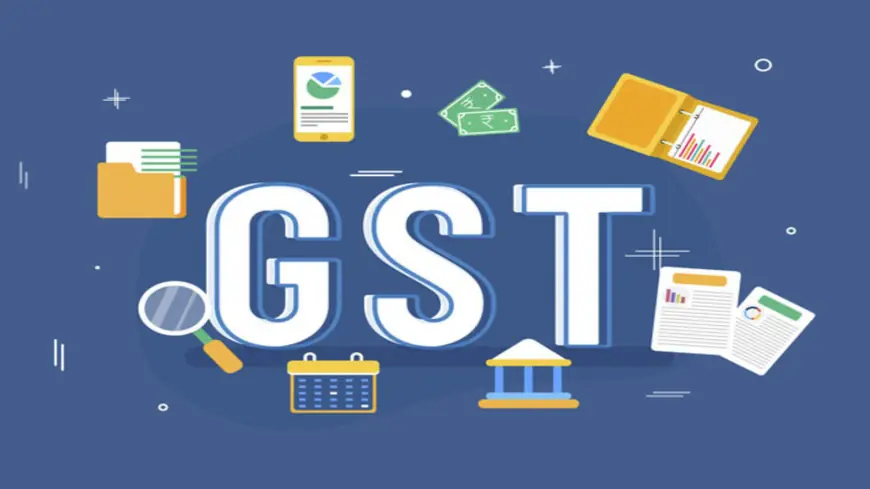Who Needs GST Registration? A Complete Eligibility Breakdown

The Goods and Services Tax (GST) is a comprehensive indirect tax system in India that has simplified the taxation structure for businesses. However, many entrepreneurs, startups, and professionals often wonder—do I really need GST registration? Understanding the eligibility criteria for GST registration is crucial to ensure compliance, avoid penalties, and enjoy seamless input tax credit benefits.
What Is GST Registration?
GST registration is a legal process through which a business or individual becomes recognized as a registered supplier under the GST regime. Once registered, a unique 15-digit GSTIN (Goods and Services Tax Identification Number) is issued by the government. This number is essential for issuing tax invoices, collecting taxes, and filing returns.
Who Needs GST Registration?
The requirement for GST registration depends on several factors, including the type of business, location, turnover, and nature of supply. Here is a complete breakdown:
1. Turnover-Based Eligibility
-
For Normal Category States: Businesses with an annual aggregate turnover exceeding ₹40 lakhs (for goods) or ₹20 lakhs (for services) must obtain GST registration.
-
For Special Category States (like Arunachal Pradesh, Manipur, etc.): The threshold is ₹20 lakhs for goods and ₹10 lakhs for services.
Note: Threshold limits can vary depending on the type of supply and specific state regulations.
2. Interstate Supply of Goods
Any business involved in the interstate supply of goods, regardless of turnover, must obtain GST registration. This includes e-commerce sellers shipping products across states.
3. E-Commerce Sellers
If you sell goods or services through an e-commerce platform (like Amazon, Flipkart, or Zomato), GST registration is mandatory—regardless of your turnover.
4. Casual Taxable Persons
Individuals or entities that supply goods or services occasionally in a taxable territory where they don't have a fixed place of business must register under GST as casual taxable persons.
5. Non-Resident Taxable Persons
Foreign businesses supplying goods or services in India, even without a permanent establishment, are required to take GST registration as non-resident taxable persons.
6. Input Service Distributors (ISDs)
Companies that distribute input tax credit among different branches or units must also register under GST as ISDs.
7. Reverse Charge Mechanism (RCM)
If a business is required to pay tax under the Reverse Charge Mechanism, GST registration is compulsory even if turnover is below the threshold.
Voluntary GST Registration
Businesses not falling under the mandatory categories can still opt for voluntary GST registration. Doing so offers benefits like:
-
Legal recognition as a supplier
-
Eligibility to claim input tax credit
-
Better compliance and trust among clients
Penalties for Non-Compliance
Operating without GST registration when it's required can result in severe penalties—including 10% of the tax due or ₹10,000 (whichever is higher).
Final Thoughts
If you’re unsure whether your business requires GST registration, it’s best to consult a tax expert or legal advisor. The right guidance can help you stay compliant and avoid unexpected fines. Whether you run a startup, e-commerce store, or are a freelance service provider, understanding the eligibility criteria for GST registration is essential for long-term business success.
What's Your Reaction?
 Like
0
Like
0
 Dislike
0
Dislike
0
 Love
0
Love
0
 Funny
0
Funny
0
 Angry
0
Angry
0
 Sad
0
Sad
0
 Wow
0
Wow
0
















































